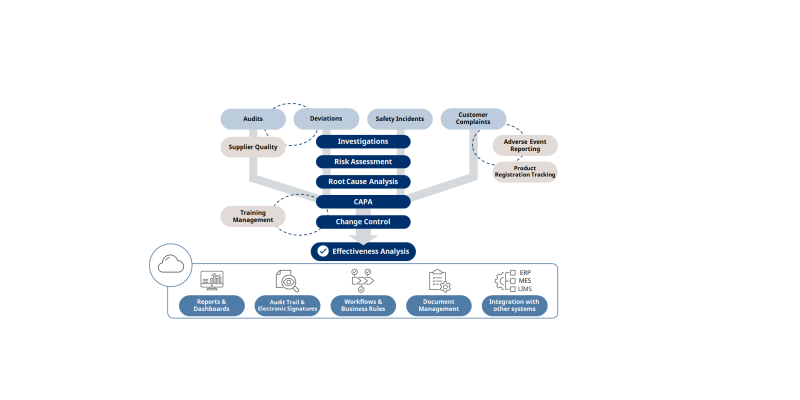Schedule a Call Back
LTTS’s i-BEMS framework provides sustainable solutions, tells COO Abhishek Sinha
 Interviews
Interviews- Nov 28,23

Related Stories

Companies can create policies essential for meeting regulations: Kumar Ritesh
Effective communication and cooperation with operational technology teams is vital, as handling an event in a manufacturing setting involves the challenge of acting quickly while also minimising di..
Read more
Robust cybersecurity regulations offer an organised framework: Praveen Kulkarni
In order to prevent cyber threats in India's vast network of factories, particularly those connected to Industrial IoT (IIoT), AI-driven predictive maintenance is being used more and more to proact..
Read more














